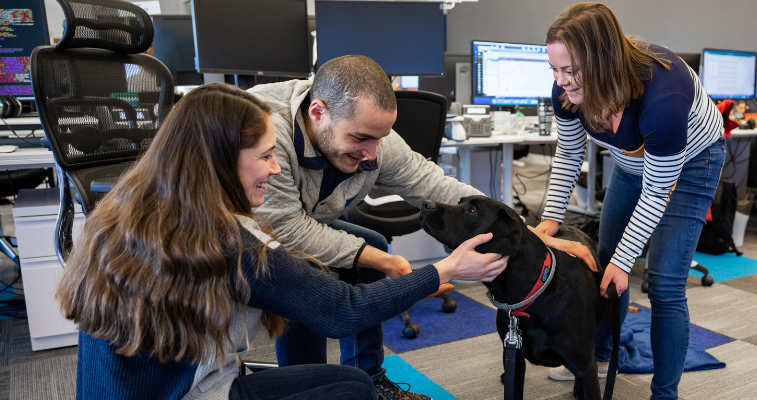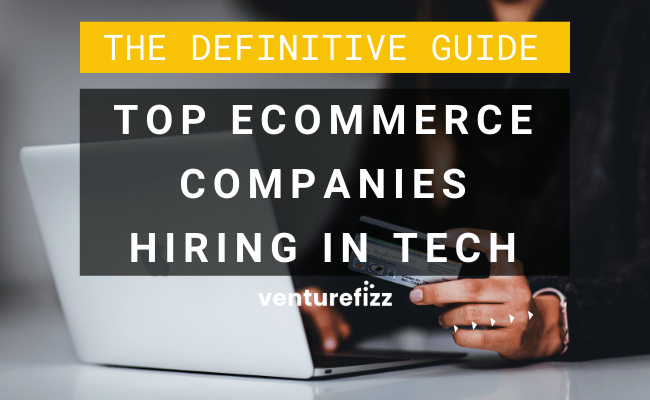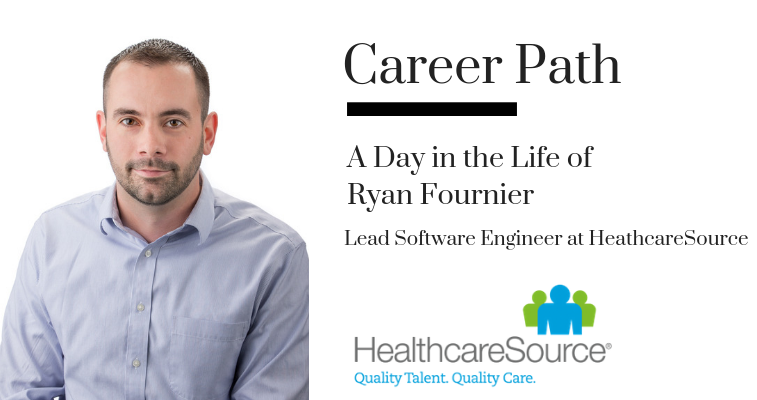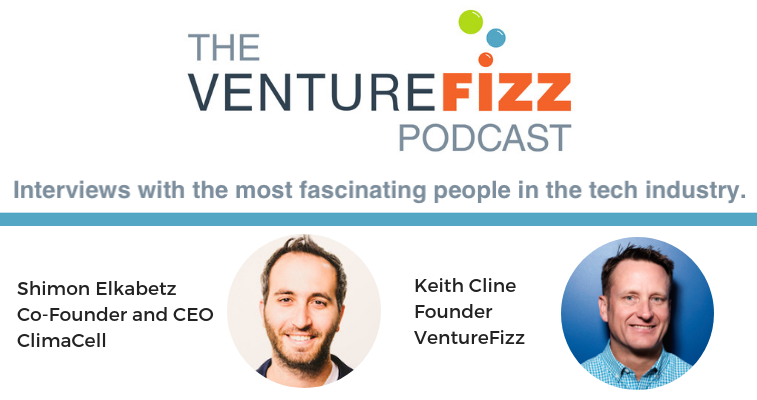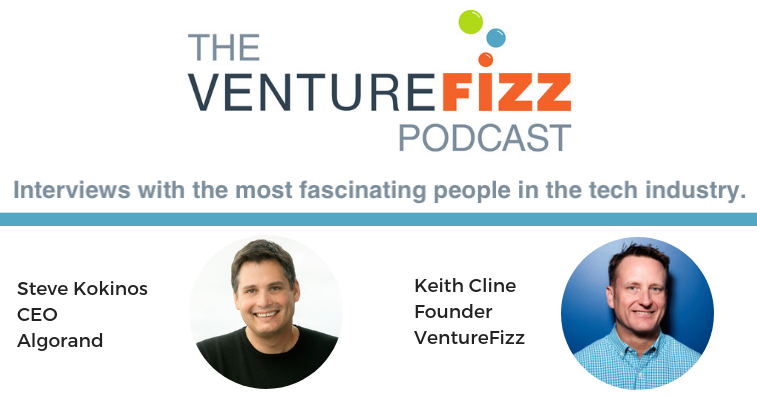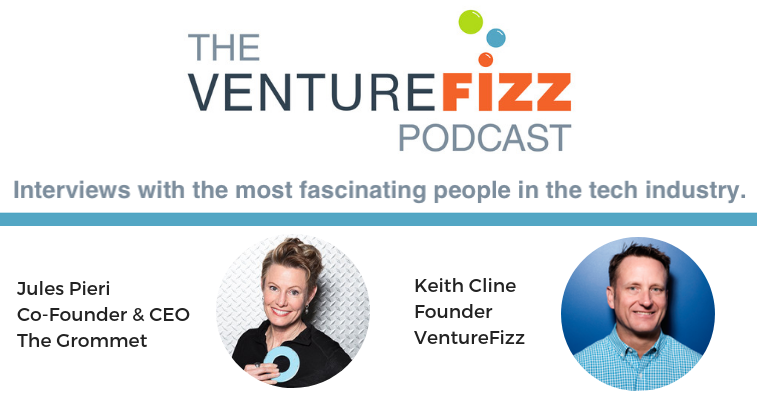Chewy is the largest pet eCommerce website in the country. Need to get your dog some new food, cat toys or anything else imaginable? Chewy has you covered.
The company was founded in Dania Beach, Florida and has since expanded into various cities across the country, with Boston being one of them.
We connected with Chewy's Director of Talent Acquisition, Brie Miller, to learn about the company's culture and what the Boston team is working on at this location. We also found out what kinds of pets are allowed in the office.
Are you interested in working here? Click here for all of Chewy’s job openings.
Quick Hit Company Details
- Year Founded: 2011
- Number of employees (total & in Boston): Over 9,000. Nearly 200 in Boston.
- Industry: eCommerce
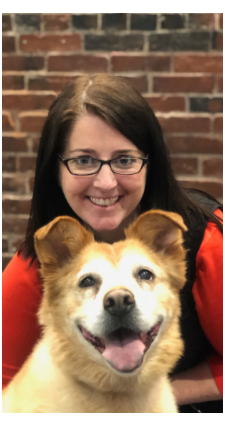
Can you share the details on what Chewy does?
We’re a one-stop-shop for all things pets! With over 9,000 team members across the country, we’re a fast-paced and rapidly growing eCommerce company. Our expansive product inventory has everything pets need from food and treats to beds and leashes to toys and apparel, and with our recent launch of Chewy Pharmacy, we now cater to pets’ prescription-based needs as well. We even have items for pet parents, too, since we know how much our customers love flaunting their pet love and ownership.
At Chewy.com, we make it easy for pet owners to find the products they want and need and we deliver them straight to customers’ doors within one to two days. With a commitment to 24/7 customer service, cutting-edge software and technology, and high-quality products, we strive to be the most loved and convenient online destination for pets and pet parents.
What teams are based in your Boston office?
Chewy’s Boston Headquarters focuses mainly on technology with team members working in Engineering, Product Management, Data Science, Digital Marketing, Design, Human Resources, and Talent Acquisition.
What are some of the unique projects that are being worked on?
We recently introduced many services and product features that optimize our customer experience, such as Chewy Pharmacy, enhanced shipment tracking, personalized ‘Pet Profiles’ where customers can share details about their pets, and a ‘Favorites’ feature on our app to save wishlist items. These services allow us to personalize the experience while catering to the pet’s wellness and behavioral needs.
What are your company’s core values or how would you best describe the culture and working environment at Chewy?
One of our biggest core values is having a customer-oriented culture. No matter what touchpoints you are working on in the organization, it’s always about the customer and the best possible experience for them.
We’re passionate about cultivating a positive environment in the office, too. We have a close-knit, supportive Chewy family and through an incentive point program, team members can express appreciation and recognition of anyone in our company, and redeem points for fun prizes and Chewy swag… like t-shirts, jackets, hats, FitBits, Apple Watches, and even a Chewy-branded bike!
Our open office concept encourages synergy, collaboration, and communication between all levels. Along with our open layout, our office is filled with vibrant colors, bean bag chairs, lounge areas, a putting green, and large games like Jenga, Connect 4, and Chess.
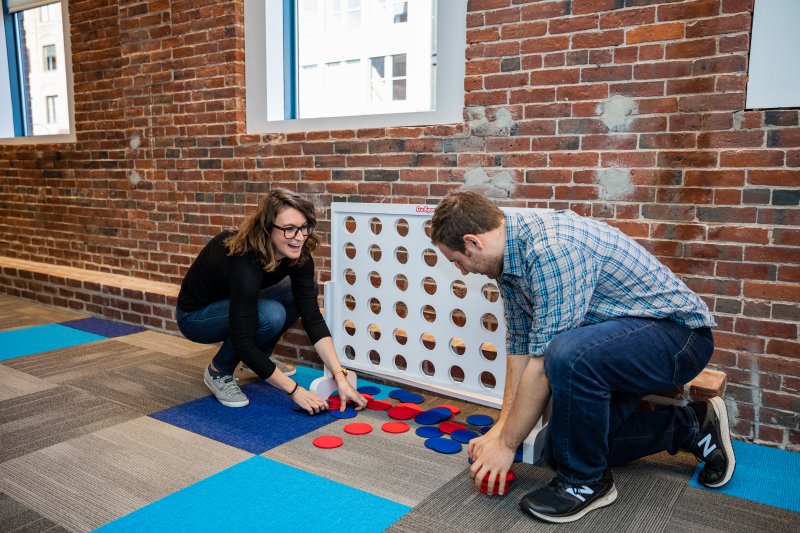
Here at Chewy, we also believe that having dogs in the office is beneficial as they can reduce stress, spark creative juices, and keep us active and stimulated. So we encourage our team members to bring their dogs to the office - you’re bound to have human and furry friends in every department!
Is there anything that you’d like to share regarding promoting diversity across your company and hiring practices?
The great thing about Chewy is that we have a culture where each team member’s ideas, talents, experiences, and perspectives are fully utilized, valued, and respected. We believe our company can be even more successful by embracing individual differences.
From a big picture point of view, what experience or traits does Chewy typically look for when interviewing and hiring new employees?
We hire bright and motivated individuals who share the same passion, dedication, and entrepreneurial spirit. We want team members who will embrace our commitment to providing pet parents with the best shopping experience.
What’s the best way to get a job at Chewy?
Apply! Also, answer our calls and emails because we move fast here and you don’t want to miss out on the perfect opportunity.
Follow our Chewy LinkedIn and @ChewyJobs Twitter pages to stay in the loop on our latest openings. All of our jobs are also listed on www.chewy.com/jobs.
Curious what we’re up to around our offices? Get a sense of life at Chewy on our @LifeatChewy Instagram.
What can someone expect during the interview process?
We want to hear all about you, who you are, and how you work. Tell us why you’re an excellent asset for Chewy and how your past achievements make it a no-brainer for us to hire you. We want to know that you have the passion and drive to make an impact on helping us become the most loved pet retailer in the world.
When you come for in-person interviews, one tip is not to wear a suit (we’re business casual here!) and be prepared to meet with some dogs, too.
What can people expect over the course of their career at Chewy?
When you join Chewy, even though you accept a specific position, you’ll experience so much more than that! No matter what role you’re in, we are continually collaborating across teams, so you’ll be challenged and exposed to parts of the business you may not have been privy to at other companies.
Chewy is extremely fast-paced and, if you’re up to the challenge, it’s very rewarding to know you’re directly impacting Chewy’s success.
What types of activities are employees involved in at or outside the office?
We work hard to ensure we’re meeting and exceeding our goals for our customers, but we like to have fun, too! We have biweekly themed happy hours, new hire breakfasts, ‘lunch & learn’ sessions, and never miss an opportunity to celebrate company milestones and holidays. Outside of the office, we enjoy team outings to hotspots around Boston as well as wellness and fitness activities.

Share one or more random fun facts...
All of our conference rooms are named after our pets. It’s a fun way for us to pay tribute to our furry officemates. It’s not uncommon to have a meeting in Sugar, Callie, Rocky, or Xander!
Rapid Fire Questions
What types of dogs are around the office?
We have a Rhodesian Ridgeback, Bulldog, Terrier, and Woodle, and that’s just a handful, plus people are always adopting mixed breeds.
What’s on tap?
Cold brew coffee and tea, Sam Adams and Harpoon (local beer is a must!), and the awesome Bevi machine with fun flavored seltzer waters. My favorite is the Blueberry Lime.
Favorite employee perk?
Bringing Noosa to work, my Retriever mix!
Night owl or early bird?
Definitely night owl… I’m up until midnight at the earliest.
What superhero character could you see working at Chewy?
The Incredibles family would fit right in with our Chewy team. Especially Dash with his super speed and Elastigirl. She’s always pulled in many different directions but handles everything thrown her way like a boss with her elastic ability, multitasking, and quick nature.
View from your office in Boston:

Employee Testimonials

Bill Poitras, Software Engineer
It’s amazing working with such a diverse group of talented people at Chewy! I really love the culture of fun, collaboration, hard work, and innovation that I’ve seen throughout the company. I especially am impressed the lengths our company strives to wow our customers. I’ve witnessed first-hand how our customer service representatives not only encourage the passion of pet parents but share their own. I’m grateful for the opportunity to learn so much new technology and the world of e-commerce.

Becca Litwack, Affiliate Marketing Manager
The environment at Chewy is energizing and there is a strong sense of purpose. Our focused attention to the customer leads to great enthusiasm for the work we get to do. There is real comradery on the teams as well – our team frequently lunches together which lends to a friendly work environment, collaboration, and innovation. Having dogs in the office doesn’t hurt either!

Hanns Hartman, Software Engineer
My first impression of Chewy was how passionate my new coworkers were about the customer. With Chewy being my first e-commerce company, I was not sure what to expect. But after being here a little over a year, I can safely tell anybody that we are a fast-moving technology company which truly puts the customer and their pets first! The passion for the customer that I felt on day 1 still gets me fired up every day! There is nothing like getting to collaborate with a smart and driven group of individuals. We are constantly getting to solve unique and exciting problems using a great technology stack. Being a pet owner myself, it’s truly wonderful to know that each day I come to work, I’m making life a little bit easier (and hopefully better) for a fellow pet owner.

Chris Foley, Senior Software Development Manager
Working at Chewy is fast-paced, challenging, and very fulfilling. Each person here has the opportunity to have a profound effect on how we wow both our internal and external customers. We place a very high value on customer service here at Chewy and regardless of what you are working on, the customer satisfaction is always going to be #1. By everyone working towards the same common goal, teamwork organically happens in everything we do. Whether it be creating a new solution or making an existing solution more efficient, the end result is the same – a world class customer experience. This gives us a great sense of pride in our work.
We have the right balance of a start-up feel with the stability of a well-established company, which is a great combo. Due to our uber-growth in so many areas (customer acquisition, product offerings, etc.), we are always shooting for better ways to accomplish our goals…and quickly! However, we know how to have fun as well whether it be at our Happy Hours every other week or just by talking and laughing in our office.

Shantesh Kanekar, Director of Software Engineering
The company known for best in class Customer Service knows how to keep its internal customers (our team members) happy, too. There is a positive energy and vibe the moment you set foot in the office. The workforce at Chewy is a vibrant mix of diversity in all aspects but one thing that is common is the shared belief of being the best in class at whatever job function one is in.
Colin Barry is an Editor & Staff Writer to VentureFizz. Follow him on Twitter @ColinKrash
Images courtesy of Chewy

